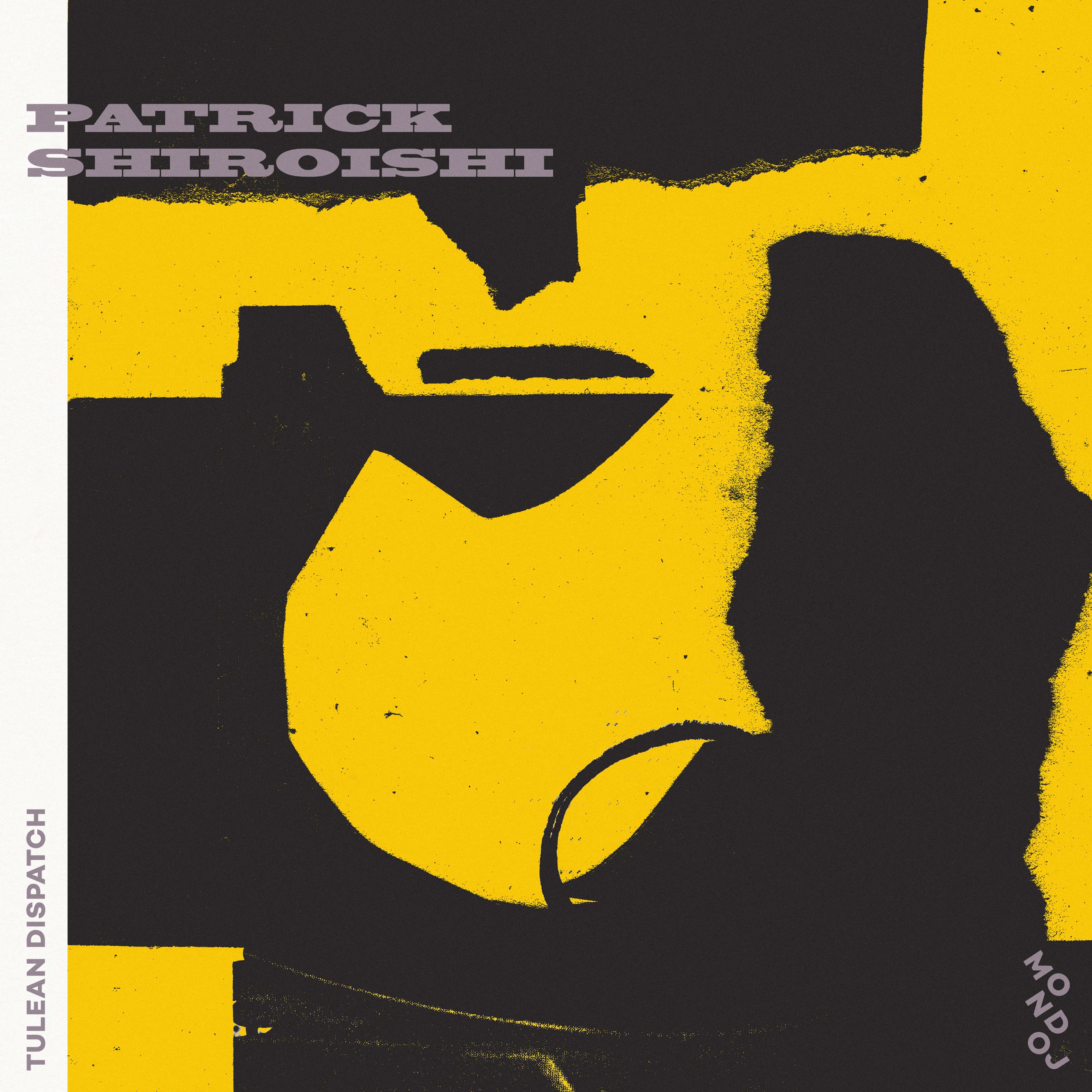What do you think of when you hear the word solitude? Do you think of your lonely moments during difficult times in your life? Does the hauntingly beautiful composition by Duke Ellington, Irving Mills, and Eddie DeLange come to mind (especially Billie Holliday’s 1952 version)? Or do you think of solitude as space, or mood, to avoid being that it is usually associated with anything unpleasant? I can say for myself that long periods of grief have often left me struggling to find a new voice. Sometimes daily tasks feel impossible and rarely do I experience the chains and things shaken a’loose. With that said, those moments of aloneness have also walked me down paths of introspection that may not have happened otherwise. When alone I am able to really dig deeper into the roots of my thoughts and feelings, finding out why I feel the way I do about particular sensations. This self-searching process, or even soliloquizing prayer, is ever present throughout Patrick Shiroishi’s Tulean Dispatch.
“Henri”
An early morning wanderer venturing up and down a deserted shoreline comes to mind. Breath and a quiet lonely tone open up with a soft breeze pushing fog over the stillish waters of the ante meridiem. Minutes into their journey our character notices the sound of a distant liner though with the darkness of the morning. They aren’t able to make out its location … but it is definitely there. After a few more minutes they begin to ask themselves questions. About what, we don’t know. Yet, there is the strongest sense of searching taking place as the top of the sun starts to slowly reveal itself. The self-inquiries begin to multiply and unease takes over our stranger for a bit. They clearly care for something, or someone, intensely, while frenetic feelings settle slowly as our wanderer takes a seat to further explore their innermost thoughts. In the distance a ship marked Maersk parts the sea heading east.
Alone once more, “The Screams of a Father’s Tears” eat alive at what momentary peace that appeared moments ago. Maroon colored emotions flood as far as our character’s eye can see; while silent drops join the now wavy waters just a few feet away. The wrestling of feelings takes them back to when they first heard Albert on his tenor, Donald on his trumpet, or their nephew David singing his elder’s praises. The tears slow down, shifting into more questions. Another stage of grief rises. Our person knows pain, and their suffering alone is something real to us all. Their grief is such an individualized experience. When a mother or father transitions into an ancestor, every child will take their own path in remembering the life of that parent. One will scream, while another goes silent, just as some seek help, while others find solitude. Our wanderer’s 2018 is my 2016 and I feel them all too well.
“Forms” of love touch different parts of the spirit, as we all know. As our person looks out over the water they start to recognize different parts of themselves changing. Recent experiences have left a “Void” where there was once fullness. Questions regarding the uncertainty of a new direction arise as this wanderer grapples a hard truth. Meditating on these feelings brings back those colorful vibrations behind the eyelids, but also a stronger search into the bass of not only their core but also their willingness to change the circumstances that they feel drowned in. This duration of one person’s day last the longest and closes with climaxes of possible change. They want to move on, but they need to find out more to make that shift in a direction that will summon the best results.
“The Flowers and Candles are Here to Protect Us”
In the most silent of ways, our wanderer comes to a few realizations. Their sensitivity is warranted and even in its newness, it feels familiar. The heart retains scars just like the spirit and the acknowledgment might help the pained understand better their place in the world. Covered by the full morning sun, our wanderer raises up from the spot where they’d sat for what feels like an eternity, wiping away small bits of sand before stretching their arms up, legs out, and head back. The heaviness is still very much present, yet the meditation has done them well. This person has revealed that there is a lull in the spirit, but through their utilizing the solitude granted to them, they’ve come out stronger and better prepared to work towards healing. Learning how to use aloneness can be of the greatest use to those looking.

